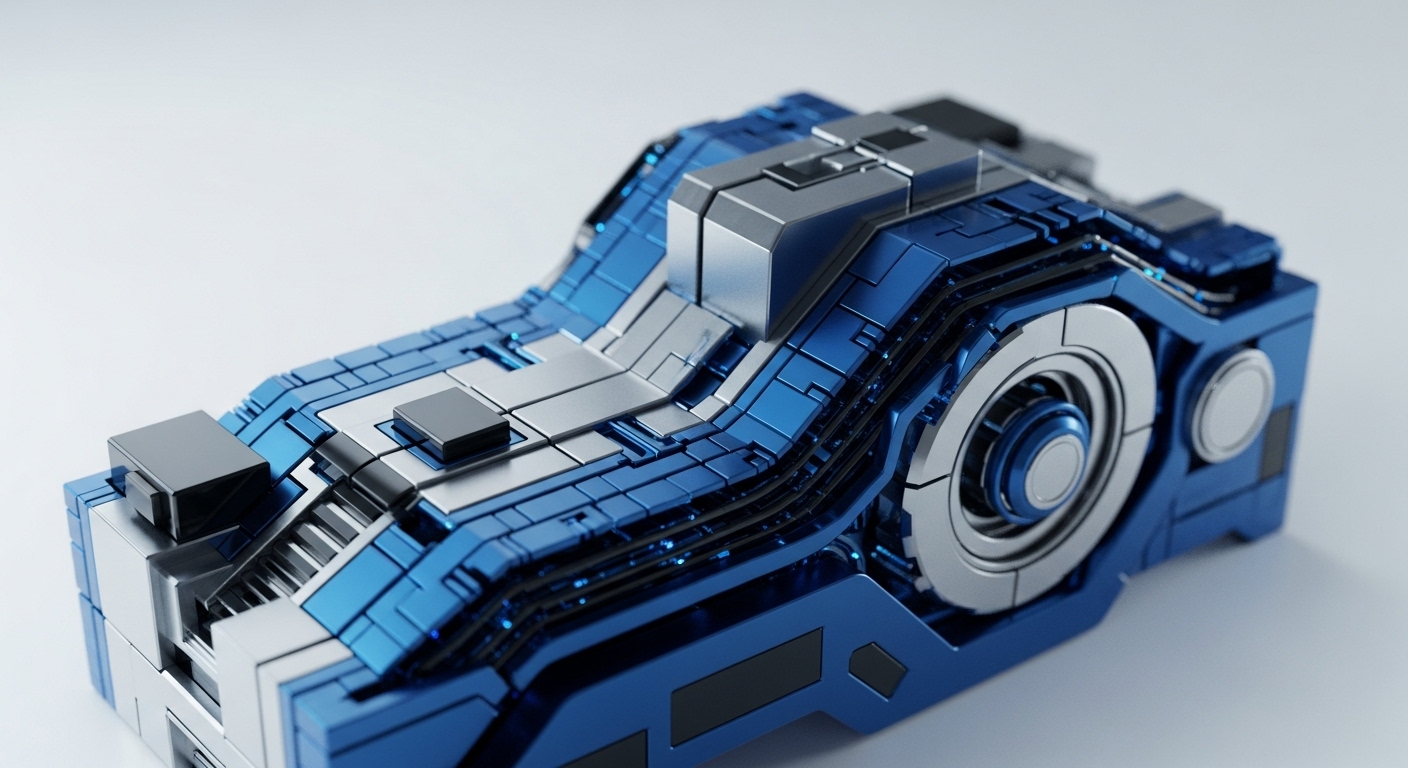
Briefing
The core problem of incrementally verifiable computation (IVC) has been bottlenecked by the high cost of recursively verifying a full succinct non-interactive argument of knowledge (SNARK) at every step. Nova resolves this by introducing folding schemes , a new, simpler cryptographic primitive that efficiently reduces two instances of a computation into a single, combined instance. This mechanism replaces the complex SNARK-based verification step with a simple, constant-sized “recursion overhead” dominated by two group scalar multiplications. The most important implication is the creation of a fundamentally more efficient and scalable architecture for recursive proof composition, which is critical for the long-term viability of ZK-Rollups and stateless blockchain clients.

Context
Prior to this work, realizing efficient Incremental Verifiable Computation (IVC) relied on recursive composition of SNARKs, which required embedding a full SNARK verifier within the proving circuit at each step. This approach introduced a significant and often prohibitive computational overhead, as the verifier circuit itself was large and complex. The prevailing theoretical challenge was designing a recursive proof system where the cost of verifying the previous step did not scale with the size of the computation being proven, thus limiting the practical depth of verifiable computation.

Analysis
Nova’s core mechanism, the folding scheme, is a technique to combine two separate instances of a constraint satisfaction problem, specifically the Rank-1 Constraint System (R1CS), into a single, “folded” instance. Conceptually, instead of the prover generating a new proof for the current computation and a proof for the previous proof’s verification, the folding scheme allows the prover to generate a single, relaxed R1CS instance that is a linear combination of the two previous instances. The verifier only needs to check the validity of this single, aggregated instance. This process is repeated recursively, ensuring that the total proof size and the incremental work at each step remain constant, independent of the total number of steps executed.

Parameters
- Recursion Overhead → Constant size, dominated by two group scalar multiplications. (This represents the smallest verifier circuit in the literature, making IVC practical.)
- Prover Work → Dominated by two multiexponentiations of size $O(|F|)$. (This provides the fastest prover time in the literature for incrementally verifiable computation.)
- Verifier Circuit Size → Approximately 20,000 R1CS constraints. (This is the smallest verifier circuit, resulting in the lowest recursion threshold.)

Outlook
The folding scheme primitive opens a new, highly fertile avenue for cryptographic research, shifting focus from complex SNARK construction to optimizing the folding process itself. In the next 3-5 years, this will directly enable production-ready, highly efficient ZK-Rollups capable of processing billions of transactions, as well as stateless clients that can sync and verify the entire blockchain state with minimal computational resources. Furthermore, the simplicity of folding schemes suggests potential for new, simpler arithmetizations beyond R1CS, accelerating the entire zero-knowledge ecosystem.

Verdict
Nova’s introduction of folding schemes is a fundamental cryptographic breakthrough that redefines the efficiency frontier for recursive proof composition, making truly scalable and verifiable decentralized computation architecturally feasible.
